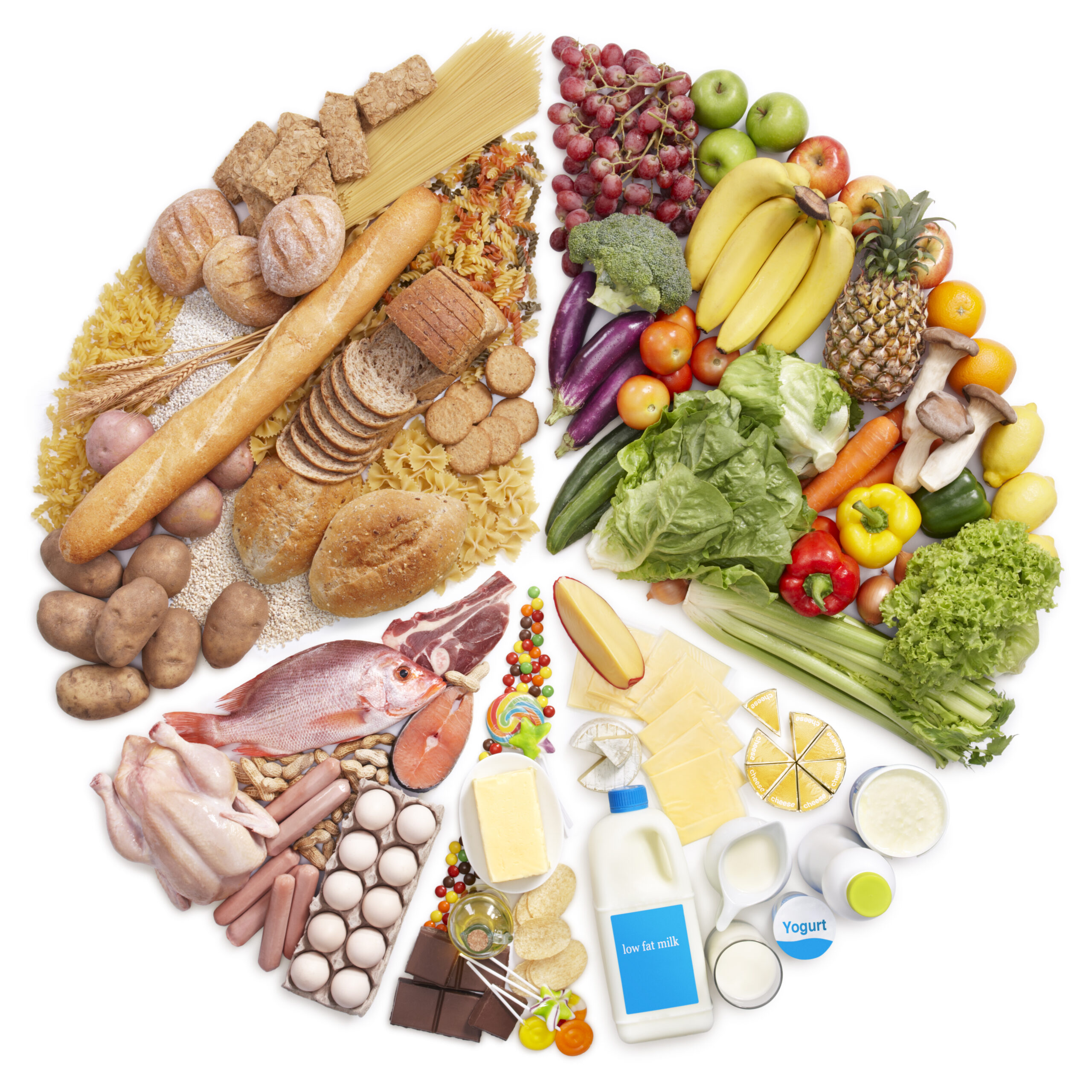Introduction:
Protein is an essential macronutrient that plays a crucial role in various bodily functions. It is made up of amino acids, which are the building blocks of tissues, muscles, enzymes, and hormones. Including an adequate amount of protein in your diet is important for overall health and well-being. This comprehensive guide will delve into ten science-backed reasons why you should eat more protein, highlighting the numerous benefits it offers.
1. Muscle Growth and Repair:
Protein is vital for muscle growth and repair. It provides the necessary amino acids for muscle protein synthesis, which is the process of building new muscle tissue. Consuming an adequate amount of protein supports muscle recovery after exercise and promotes muscle strength and development.
2. Weight Management:
Protein plays a significant role in weight management. It has a higher thermic effect compared to fats and carbohydrates, meaning that it requires more energy to digest and metabolize. This increased energy expenditure can boost metabolism and help in weight loss or weight maintenance.
3. Increased Satiety:
Protein has a high satiety value, which means it helps to keep you feeling full and satisfied for longer periods. Including protein-rich foods in your meals and snacks can reduce hunger cravings, prevent overeating, and contribute to better appetite control.
4. Improved Bone Health:
Protein is essential for maintaining and promoting bone health. It provides the necessary amino acids for collagen production, a protein that forms the structural framework of bones. A diet rich in protein can support bone density, strength, and reduce the risk of osteoporosis.
5. Enhanced Metabolic Function:
Protein plays a crucial role in maintaining a healthy metabolism. It supports the production and functioning of enzymes involved in metabolic processes. Adequate protein intake can help regulate blood sugar levels, promote insulin sensitivity, and improve overall metabolic health.
6. Better Brain Function:
Protein is necessary for the production of neurotransmitters, which are essential for proper brain function. Amino acids derived from dietary protein are used to synthesize neurotransmitters like serotonin and dopamine, which play key roles in mood regulation, cognitive function, and overall mental well-being.
7. Blood Sugar Control:
Including protein in your meals can help regulate blood sugar levels. Protein slows down the absorption of carbohydrates, preventing rapid spikes in blood sugar. This can be particularly beneficial for individuals with diabetes or those at risk of developing the condition.
8. Improved Immune Function:
Protein is crucial for a healthy immune system. It plays a role in the production of antibodies, which help fight against infections and diseases. Adequate protein intake supports the functioning of immune cells and promotes optimal immune response.
9. Wound Healing:
Protein is essential for proper wound healing. It supports the formation of new tissues, collagen synthesis, and the production of enzymes involved in the healing process. Consuming enough protein can aid in faster wound healing and recovery.
10.Healthy Aging:
Protein plays a vital role in healthy aging. As we age, muscle mass tends to decline, leading to frailty and a higher risk of falls and fractures. Consuming sufficient protein, along with regular resistance exercise, can help preserve muscle mass, strength, and overall functionality as we age.
Conclusion:
Eating more protein offers a range of scientifically supported benefits, including muscle growth and repair, weight management, increased satiety, improved bone health, enhanced metabolic function, better brain function, blood sugar control, improved immune function, faster wound healing, and healthy aging. It is important to include a variety of protein-rich foods in your diet, such as lean meats, poultry, fish, dairy products, legumes, and plant-based sources like tofu and quinoa. By prioritizing protein intake, you can support your overall health and well-being. Remember to consult with a healthcare professional or registered dietitian to determine the appropriate amount of protein for your individual needs.
- In-Depth Review of the Top CBD Products By Smoke Cartel - August 9, 2024
- JustCBD UK CBD Oil Tincture Review: A Flavorful Journey to Relaxation - July 4, 2024
- Sipping Bliss: A Personal Exploration of Melo’s THC Beverage Flavors - May 14, 2024




